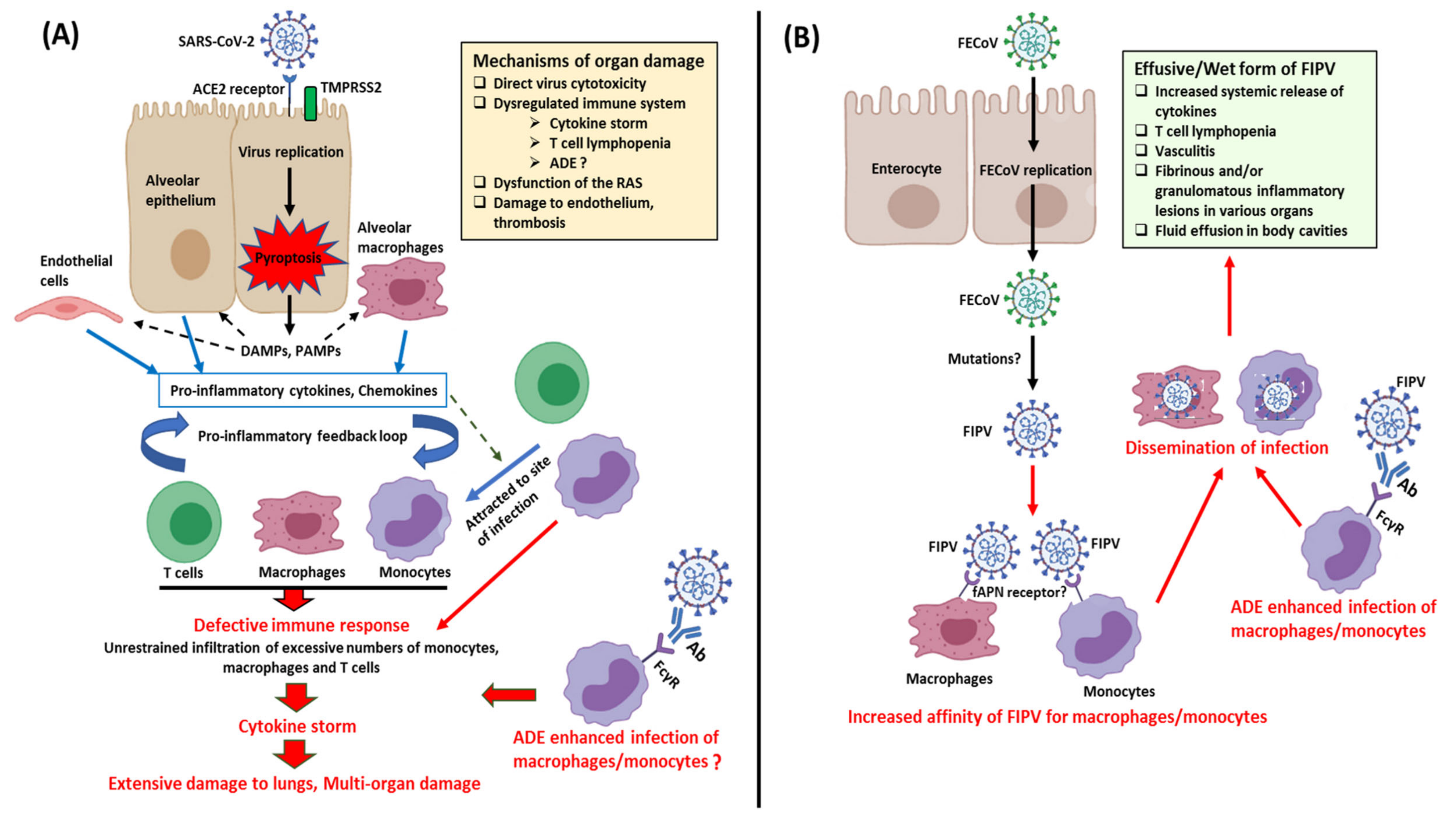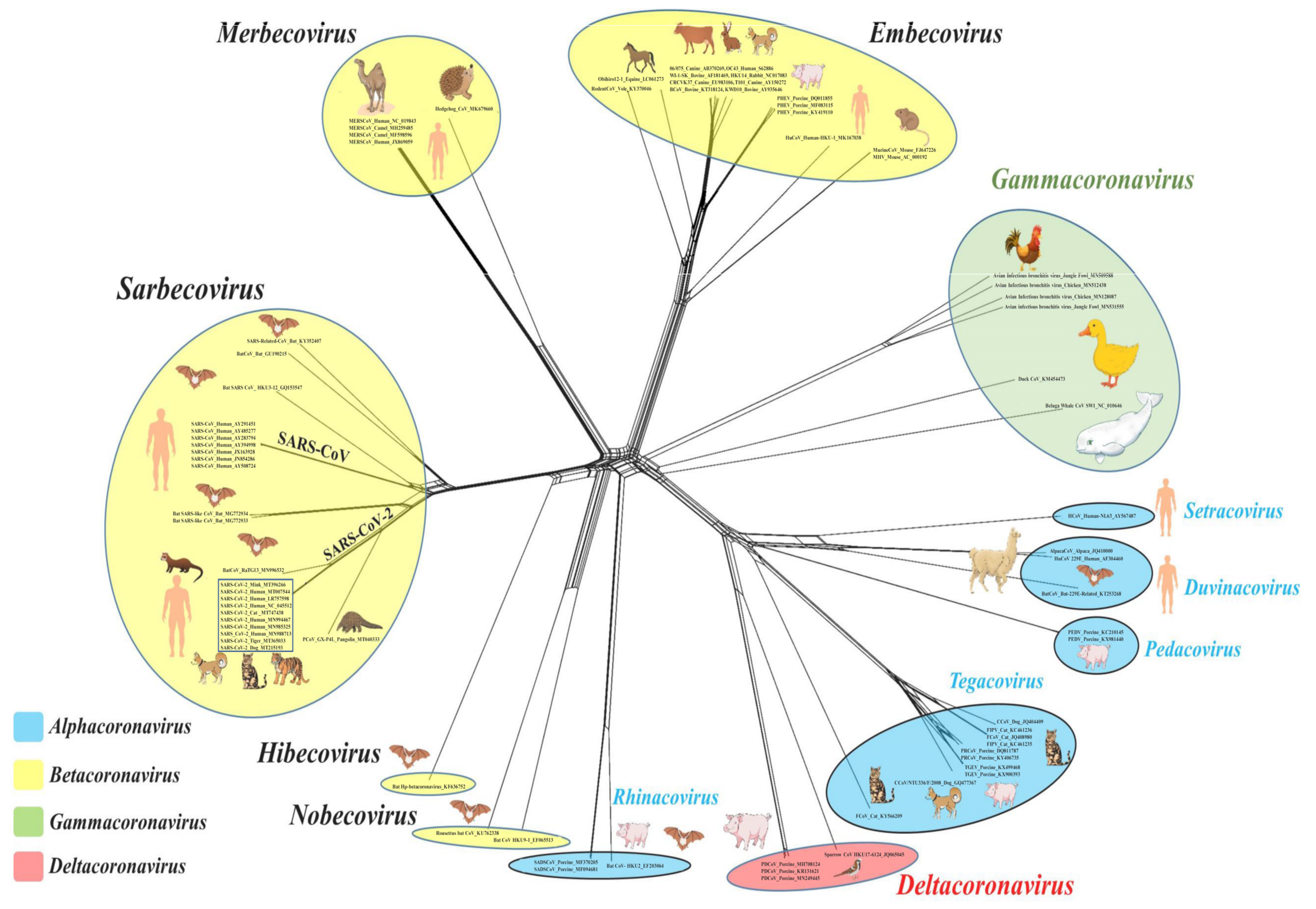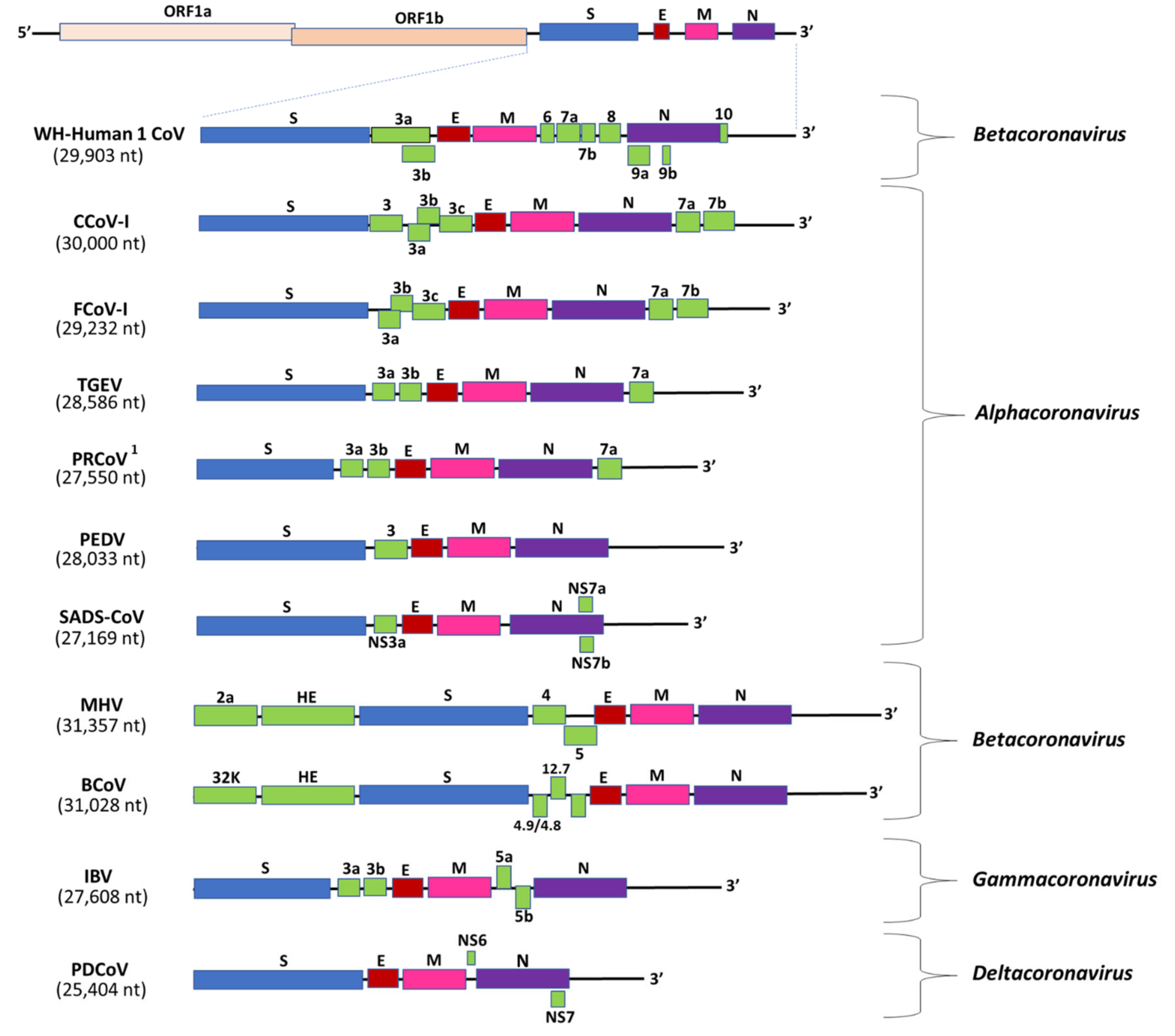Coronavirus In Cats Fip

In his most recent study he successfully treated FIP in 25 of 31 cats using GS-441524.
Coronavirus in cats fip. This type of coronavirus is different from the coronavirus that causes. Cats living with other felines are also more likely to develop the disease. In most cats the coronavirus normally stays in the intestines and either causes no problems or just mild diarrhea.
FIP stands for Feline Infectious Peritonitis and is caused by a cat-specific coronavirus that poses no risk to humans. Davis School of Veterinary Medicine. As a precaution many veterinarians recommend that you wait about a month after an infected cat dies before introducing a new cat into the house to minimize the chance of exposure to the virus.
The disease is most common in young cats six weeks to two years. In rare cases the coronavirus may mutate to a more virulent form which is able to weaken the cats immune system and spread. Causes Feline infectious peritonitis is caused by infection with a virus known as feline coronavirus.
FIP is a disease caused by a mutated changed strain of feline coronavirus. Most strains of feline coronavirus are found in the gastrointestinal tract and do not cause significant disease. Feline infectious peritonitis FIP is a fatal disease that occurs in domestic and wild felids worldwide.
The Coronavirus that causes FIP is currently considered to be a mutant form of the enteric coronavirus. Cats that have FIPV also have FECV whereas not all cats that carry FECV develop FIP Simons et al 2005. One theory why some cats develop FIP is that in these cats the virus undergoes mutation to a more virulent strain after the initial infection.
Feline Infectious Peritonitis FIP Feline infectious peritonitis often called FIP is a severe usually fatal disease caused by a feline coronavirus. It occurs in a very small proportion of cats or kittens and is caused by a common virus called feline coronavirus. However only some 1-5 of the seropositive cats eventually come down with FIP.

















